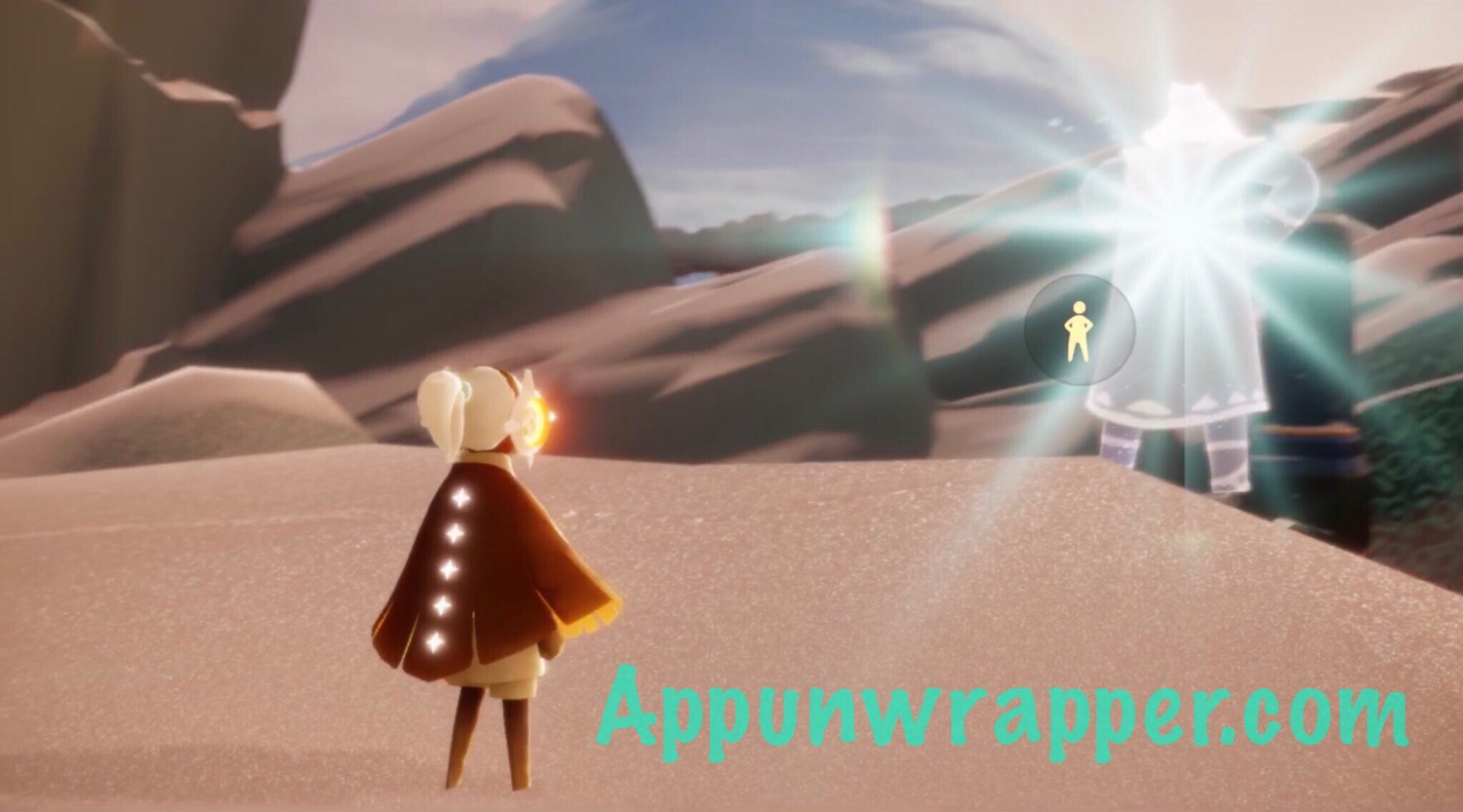

In 1971, her only color film, You and I, was released. Nevertheless, Shepitko, who always considered herself a humanist rather than a strictly political filmmaker, was able to make two more feature films in the 1970s, the second of which would become the key to her cinematic legacy. Shepitko’s next film, a short for the omnibus feature Beginning of an Unknown Era (1967), about a young engineer who brings electricity to an impoverished village, was a casualty of its time though the project was conceived as a commemoration of the fiftieth anniversary of the October Revolution, authorities deemed its depiction of the Bolsheviks as negative, and it would be shelved for the next twenty years. With Brezhnev appointed general secretary in 1964, a less intellectually open Communist Party was reemerging.

#Sky children of light valley of triumph full
Still, Wings remains most effective as a finely detailed portrait of a woman looking back wistfully, made by another woman, full of promise, just looking ahead.Īround the time of Wings’ release, Larisa Shepitko and the Soviet film industry were entering yet another new era, one in which the promises of Khrushchev’s thaw were fast receding. The primary tone of Wings is one of ambivalence-about Russia’s Stalinist past and unsure future-and though it may seem surprising today, the film sparked much public debate, both for acknowledging a generation gap and for painting a war hero as a forgotten, lost soul. Shepitko brilliantly expresses this by contrasting her character’s stifling quotidian experiences, marked by claustrophobic interiors and tight compositions, with heavenly, expansive shots of sky and clouds, representing the freedom and exhilaration of her flying days, and Bulgakova effortlessly inhabits this stern but reasonable woman with empathy and surprising humor. Starring beloved character actress Maya Bulgakova as a World War II fighter pilot turned headmistress, Wings heartrendingly brings to light the inner life of a forty-two-year-old woman who must reconcile remembrance of her illustrious past with her drab present reality. Yet it was Shepitko’s first feature after graduation, 1966’s penetrating character study Wings, that truly announced a visionary new talent. Her graduation film, Heat (1963), shows his impression, both in its parched agricultural setting and its spare, naturalistic style, and was famous for its arduous shoot amid the punishing conditions of its Kazakh steppe locations. Even more auspiciously, she came under the tutelage of one of the nation’s greatest film artists, seminal Soviet director Alexander Dovzhenko.ĭovzhenko was also from Ukraine, and Shepitko felt a kinship with him both in his celebration of their shared folk heritage and in his austerely poetic and social-realist imagery Shepitko always maintained that he was her greatest influence. Though at the time the Soviet film industry was still in a post–World War II downturn, soon enough Shepitko found herself part of a new generation of young filmmakers artistically encouraged by the freer atmosphere of Khrushchev’s thaw. Following this early abandonment (which seems to have inflected her work, often dealing with loneliness or isolation), Shepitko moved at age sixteen to Moscow, where she eventually entered the famed All-Russian State Institute of Cinematography. When she was still very young, her father, a Persian officer, divorced her schoolteacher mother, leaving her to raise three children on her own. Sadly, that career ended at the moment of her ascendance, when she was killed in a car crash outside of Leningrad at the age of forty, leaving behind a child, a husband to keep alive her legacy, and a brilliant, if small, body of work, comprising just four feature films. While many of her film school contemporaries, including Andrei Tarkovsky, Sergei Parajanov, and her eventual husband Elem Klimov, went on to international renown, Shepitko has remained under the radar-even though at the height of her career she was on the verge of breaking through to the same kind of acclaim as her much better-remembered compatriots.

Of all the dazzlingly talented filmmakers to emerge from the Soviet Union, Larisa Shepitko has remained one of the least widely known.


 0 kommentar(er)
0 kommentar(er)
